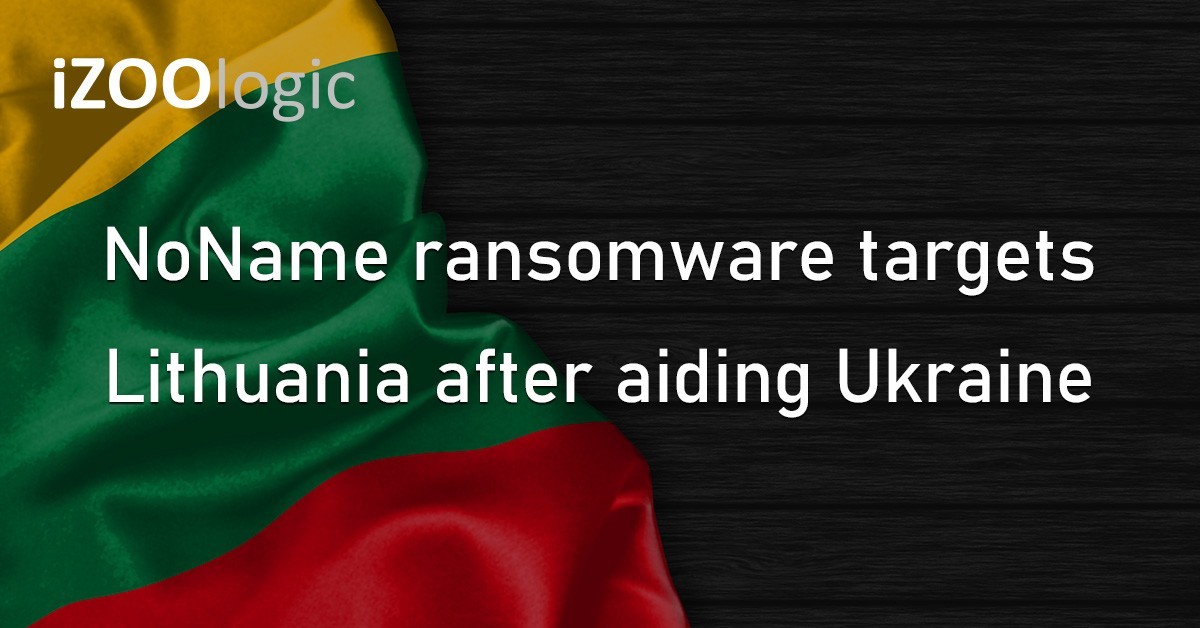The notorious NoName ransomware group has claimed responsibility for numerous cyberattacks on well-known Lithuanian organisations. Based on reports, the cybercriminal group has targeted this country after supporting Ukraine in its geopolitical conflict against Russia.
The confirmed Lithuanian organisations that suffered such attacks are Compensa Vienna Insurance Group, If Insurance, Lithuanian Roads Association, AD REM, INIT, and Balticum. These perpetrators have been actively sharing messages across Lithuanian websites, showing the severity of their cybercriminal operation.
The NoName ransomware attacks have resulted in the inaccessibility of several websites owned by Lithuanian corporations.
According to investigations, the NoName Ransomware operators have strategically targeted websites, such as if.lt/privations and compensate.lt, leaving them inaccessible.
Users who attempted to access these sites encountered error messages indicating issues related to internet connectivity and server response times. On the other hand, these affected organisations have yet to address or release a statement regarding the issue.
The NoName ransomware group has taken a troubling turn by encrypting data and claiming to launch DDoS at the targeted sites. In a related incident, the threat actor explicitly denounced Lithuanian Ambassador Valdemaras Sarapinas for expressing support for Ukraine in the ongoing Russia-Ukraine geopolitical conflict.
This revelation implies a geopolitical motive behind the cyberattack, linking it to Lithuania’s support of Ukraine, as reported by the Lithuanian Ambassador.
The attack has left several companies displaying messages indicating a prolonged response time, a common indication of a Distributed Denial-of-Service (DDoS) attack. DDoS attacks flood websites with unnecessary traffic, making servers reach their limits and causing delays in processing legitimate user requests. Users accessing the affected websites may encounter error messages like “took too long to respond” or “connection timed out.”
The disruptive consequences of DDoS attacks have been one of the most critical weapons for hackers. These attacks can severely affect the availability and reliability of online platforms, disrupting normal operations and creating challenges for users.
As the situation develops, it shows the growing concern about cyber threats for every organisation, especially the ones involved in the geopolitical conflict. The targeted entities now face the task of restoring normalcy while meeting with the implications of this cyberattack.
